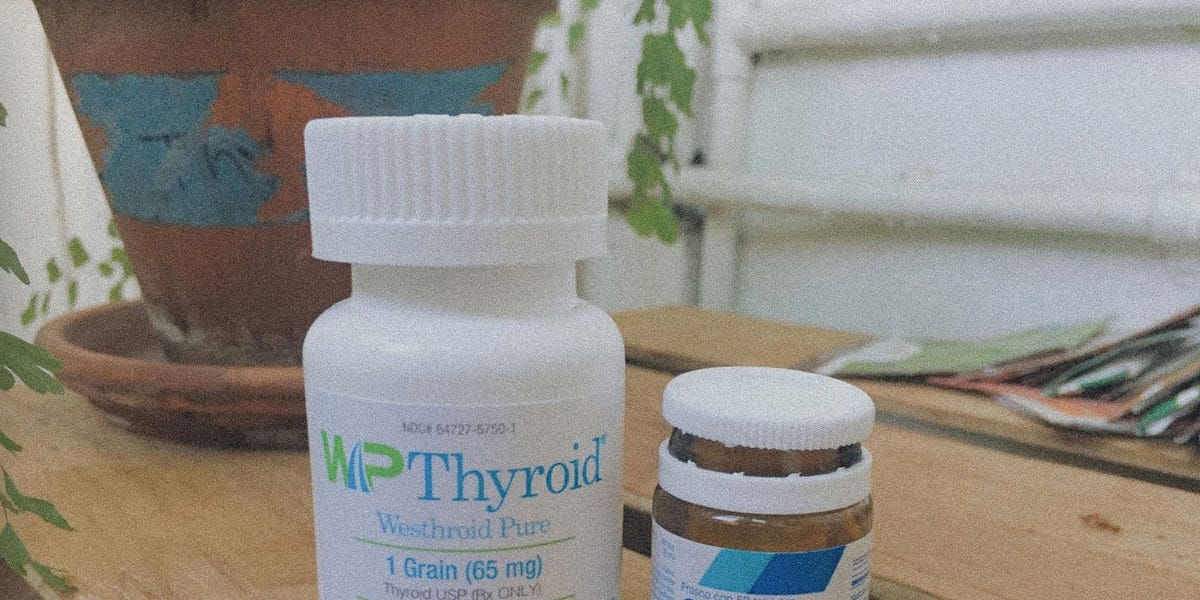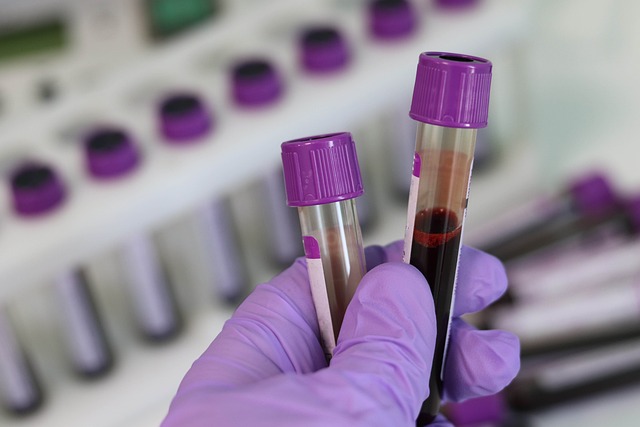bookshelf
Member
- Joined
- Nov 16, 2020
- Messages
- 298
How does someone know how much thyroid is ok to take? Is there a formula for T4 and/or T3? Maybe a starting point? Or if your TSH, or whatever thyroid numbers, equal x then you could conceivably take so much of y and z. Or, if your temp and pulse are a and b, then you could safely take this much of T3/T4...
How do endocrinologists and doctors figure it out? I'd have to think there is some sort of blood lab rubric to guide them but, with my (well deserved) lack of confidence in many of them, it makes me wonder sometimes if they just guess. What else do these wizards factor in?
I know no one can prescribe on here. I'm just wondering how doses are calculated or is it just arbitrary? 'uh, you look like you're in a good mood today, and are wearing a nice shirt, your tsh is actually "normal" but, since you are insisting on thyroid medication (weirdo), I think your heart could survive 240 mcgs of T3 and 60 mcgs of T4...so, let's start there.'
but, since you are insisting on thyroid medication (weirdo), I think your heart could survive 240 mcgs of T3 and 60 mcgs of T4...so, let's start there.' 
What say you?
How do endocrinologists and doctors figure it out? I'd have to think there is some sort of blood lab rubric to guide them but, with my (well deserved) lack of confidence in many of them, it makes me wonder sometimes if they just guess. What else do these wizards factor in?
I know no one can prescribe on here. I'm just wondering how doses are calculated or is it just arbitrary? 'uh, you look like you're in a good mood today, and are wearing a nice shirt, your tsh is actually "normal"
What say you?





